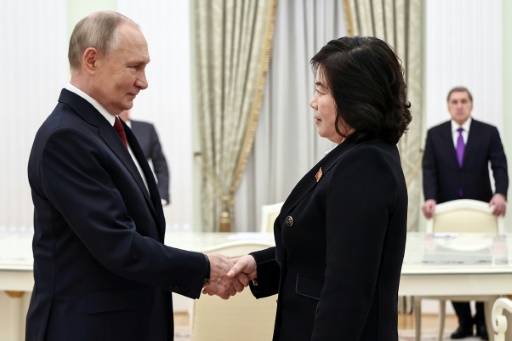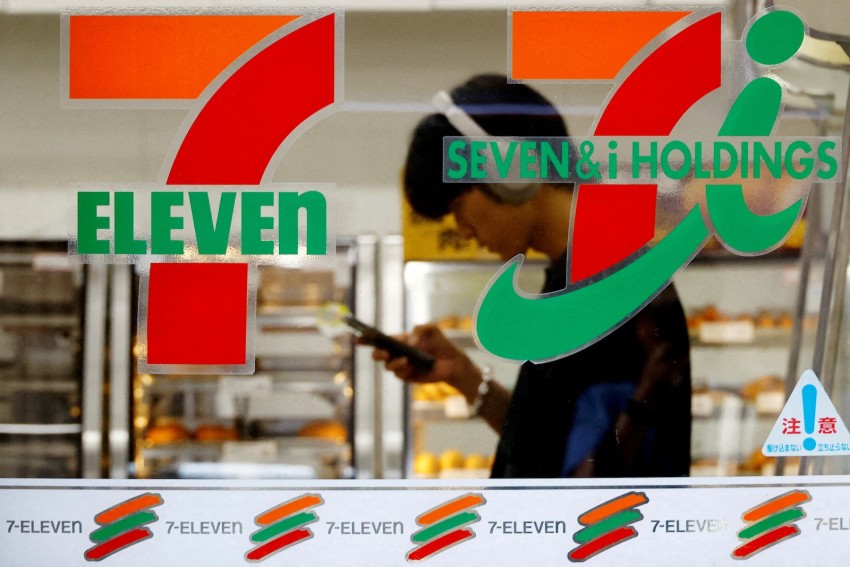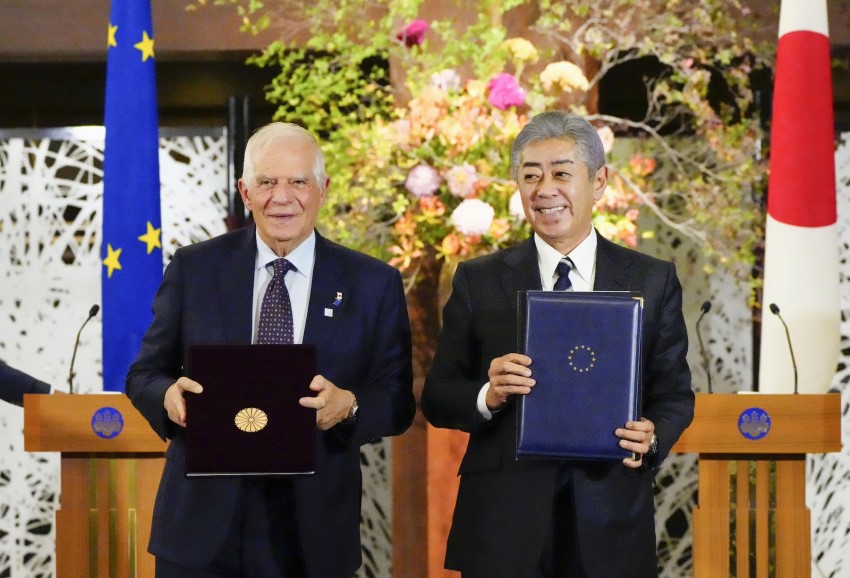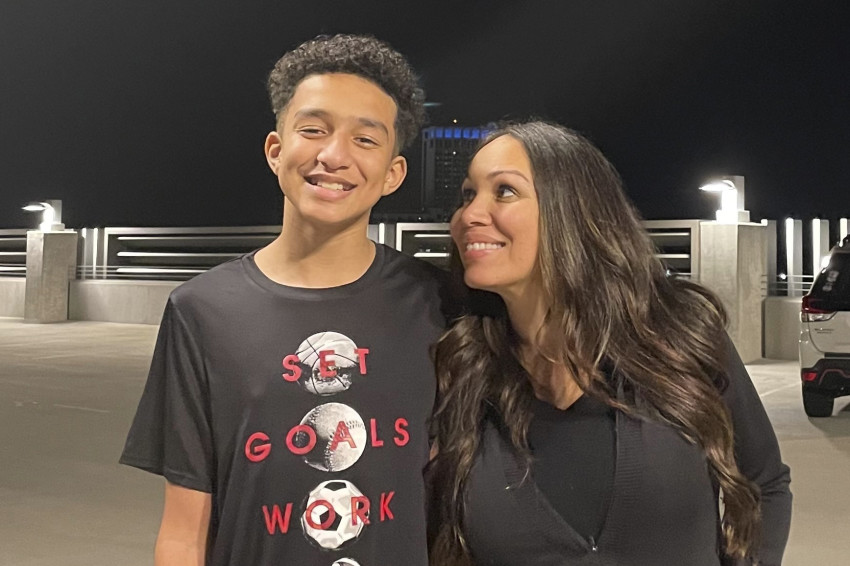Ishiba defends his Diet dissolution plan in 1st debate with opposition
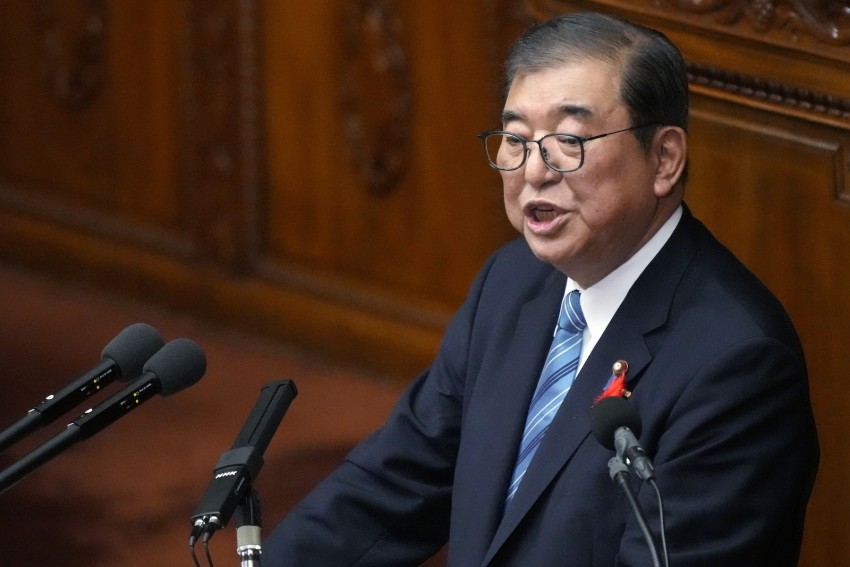
Prime Minister Shigeru Ishiba on Monday sought to stave off criticism from the opposition bloc about his abrupt change of heart over when to dissolve the lower house and other key policy issues as Japan gears up for a general election in late October.
Ishiba defended his decision to dissolve the chamber on Wednesday, only eight days after becoming prime minister, saying that he needs to secure a fresh mandate and restore public trust in politics following his party's political funds scandal.
In his first parliamentary debate before the Oct 27 race, Ishiba underscored the necessity of maintaining government support for households reeling from the cost-of-living crisis.
But his stance as prime minister softened over controversial issues, ranging from creating a NATO-style alliance in Asia and revising a Japan-U.S. accord on troops to imposing a higher tax on investment income and using different surnames by married couples.
"To restore public trust, I will realize politics for the people, not for the politicians," Ishiba said.
"It goes without saying that the right to dissolve (the lower house) should not be abused. Since the new cabinet was formed, I judge it necessary to dissolve it to confirm the will of the people," Ishiba told the 465-member House of Representatives that he plans to dissolve.
In the face of public criticism, the ruling Liberal Democratic Party under Ishiba has decided not to endorse some lawmakers penalized for failing to report public funds properly as candidates in the upcoming election, taking a harder stance than previously envisaged.
The remarks came after Yoshihiko Noda, head of the main opposition Constitutional Democratic Party of Japan, criticized Ishiba's hasty decision to proceed with a parliamentary dissolution shortly after announcing it, even before officially becoming prime minister.
Before becoming LDP chief and premier, Ishiba indicated he would secure enough time in parliament to explain his vision and answer questions from opposition leaders.
The shift in the tone of Ishiba, previously known as an opposition force within the LDP, is apparently designed to avoid stirring intraparty friction. But the change prompted one opposition party leader to criticize him for losing "Ishiba's color," or the qualities that set him apart among LDP lawmakers.
Ishiba, a defense expert, said he will first focus on pressing diplomatic and security challenges, adding that his Asian NATO plan, which Noda called "unrealistic," would be a longer-term undertaking. He did not say whether the vision will be among the LDP's campaign promises for the upcoming election.
"It won't be achieved overnight," Ishiba said of his NATO-style vision, adding that the government will strengthen the deterrence and response capabilities of the Japan-U.S. alliance and build an "organic and multilayered" network of allies and like-minded nations to enhance deterrence.
He also took the view that his envisaged goal of amending a Japan-U.S. agreement that has defined how U.S. troops stationed in Japan should operate will not be realized overnight.
Meanwhile, he said he is "not considering" imposing a higher tax on investment income at this time because the government should continue encouraging people to invest more of their savings.
Ishiba, who was positive about allowing the use of different surnames by married couples during the LDP presidential race, did not say whether Japan should proceed with such a change.
"There are various views among the public about the use of surnames by married couples. The government must consider how public opinions and parliamentary debates will develop," Ishiba said, drawing jeers from opposition lawmakers.
Facing a backlash over slush funds amassed by intraparty factions within the LDP, the ruling party is scrambling to refresh its public image with Ishiba.
While the Cabinet approval rate roughly doubled from the final days of his predecessor's tenure, media polls have shown that support for the new Cabinet is relatively mundane for a newly inaugurated one.
Voters are looking at how the new government will address economic issues, most urgently rising prices of everyday goods, the polls have shown.
"We will take comprehensive steps by giving cash handouts to low-income families most severely impacted by rising prices and providing subsidies to local governments depending on their needs," the prime minister said, referencing a soon-to-be-compiled economic package.
In an apparent bid to change market views that he is a fiscal hawk and remove uncertainty over the course of his economic policy, Ishiba has made it clear that he will follow the path of his predecessor Fumio Kishida, who focused on wage growth to ensure wealth redistribution.
Ishiba told parliament he does not see the need to revise a 2013 agreement with the Bank of Japan aimed at beating deflation with monetary easing.
Last week, the yen tumbled after he said Japan's economy is not ready for an interest rate hike by the BOJ, though he later changed his tone to say the remark was meant to echo the central bank's view.



